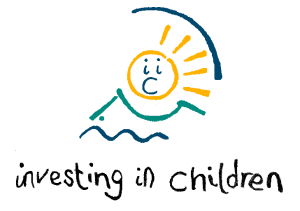Intent
- To ensure children learn and remember musical skills and knowledge.
- To allow children build on prior knowledge through a carefully sequenced and progressive curriculum.
- To develop an understanding of music as a universal language.
- To develop pupils’ love of music, confidence and creativity.
- To provide children with a sense of achievement.
- To develop pupils’ critical engagement with music through analysing the works of great composers over a range of historical periods.
- To understand and explore the composition of music, its creation, production and communication, including the inter-related dimensions of music.
- To provide children with the opportunity to progress to the next level of creative excellence.
Implementation
- Staff will use research around cognitive science to help children learn and remember more.
- Staff will check understanding through spaced retrieval exercises.
- Music will be taught every half term through one 45minute session each week.
- Teachers and Teaching Assistants will deliver music following the Sing Up programme, designed specifically for the teaching of music in primary schools.
- Teachers will ensure that all units of work include opportunities to use their voice and play instruments as well as encouraging critical thinking and personal reflection.
- Sing Up lessons are planned in sequences to provide children with the opportunities to review, remember, deepen and apply their understanding. Teachers will ensure that they follow the sequence of lessons laid out in the Sing Up plans.
- Subject leader will create a whole school record of the teaching of music in the school and provide feedback regularly.
- Children are provided with opportunities beyond the National Curriculum to further and support their understanding – visitors, visits to concerts (both for participation and as an audience), school productions and concerts.
- Through learning about the music of different composers over a range historical periods, children are able to gain a deeper appreciation for the music that surrounds them, its roots and cultural heritage.
- Children have the opportunity to discuss and share their own thoughts, opinions and ideas, acknowledging and respecting that these may vary and that this is positive.
- External interests and talents are encouraged and showcased in class ensuring that everyone is challenged regardless of previous musical experience.
- Teachers will use formative assessments to assess children’s understanding and plan accordingly.
Impact
- Children perform, listen to, review and evaluate music across a range of historical periods,
genres, styles and traditions, including the works of the great composers and
musicians - Children learn to sing and to use their voices, to create and compose music on their own and
with others, have the opportunity to learn a musical instrument, use technology
appropriately and have the opportunity to progress to the next level of musical
excellence - Children understand and explore how music is created, produced and communicated, including
through the inter-related dimensions: pitch, duration, dynamics, tempo, timbre, texture,
structure and appropriate musical notations.














